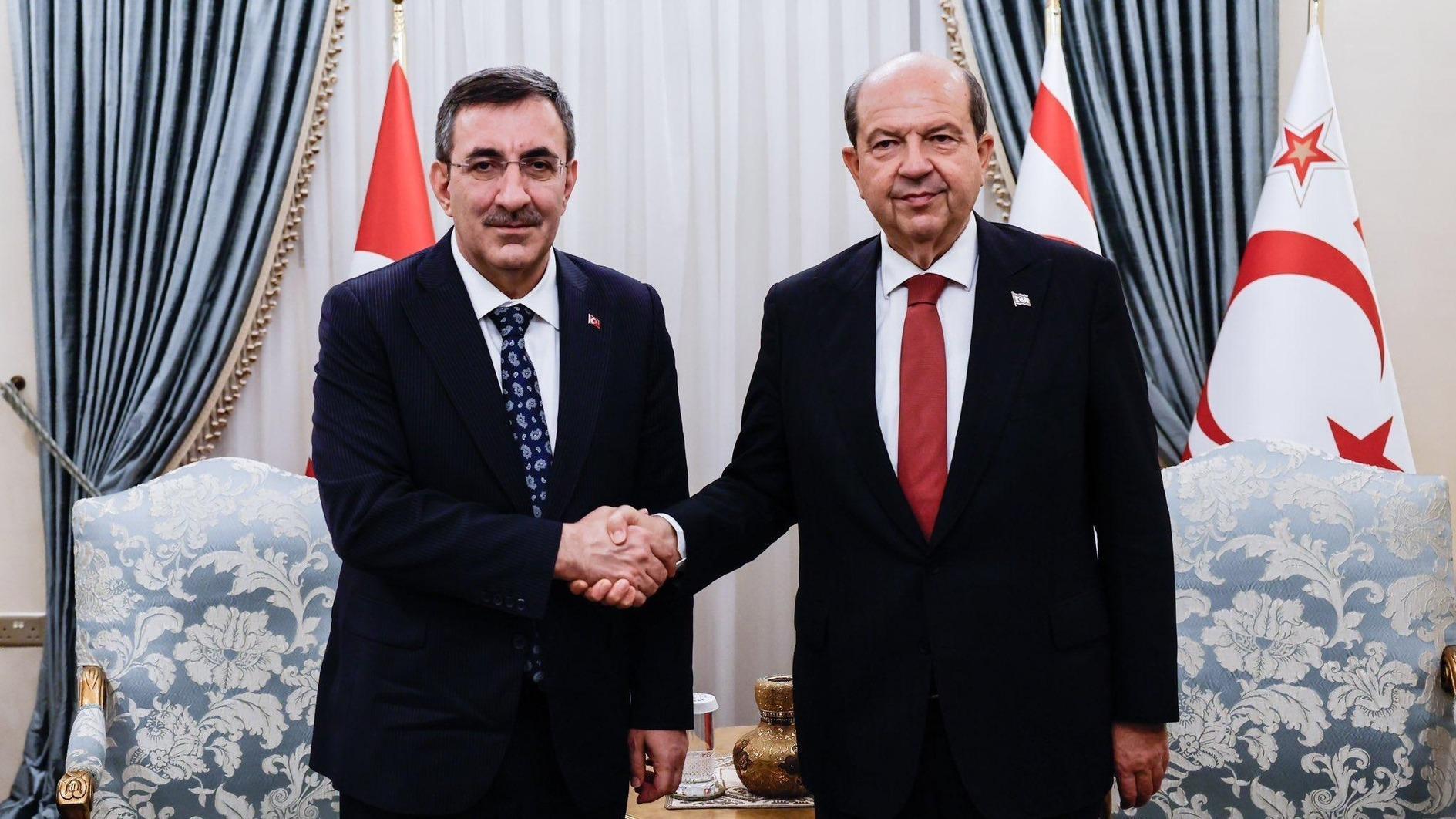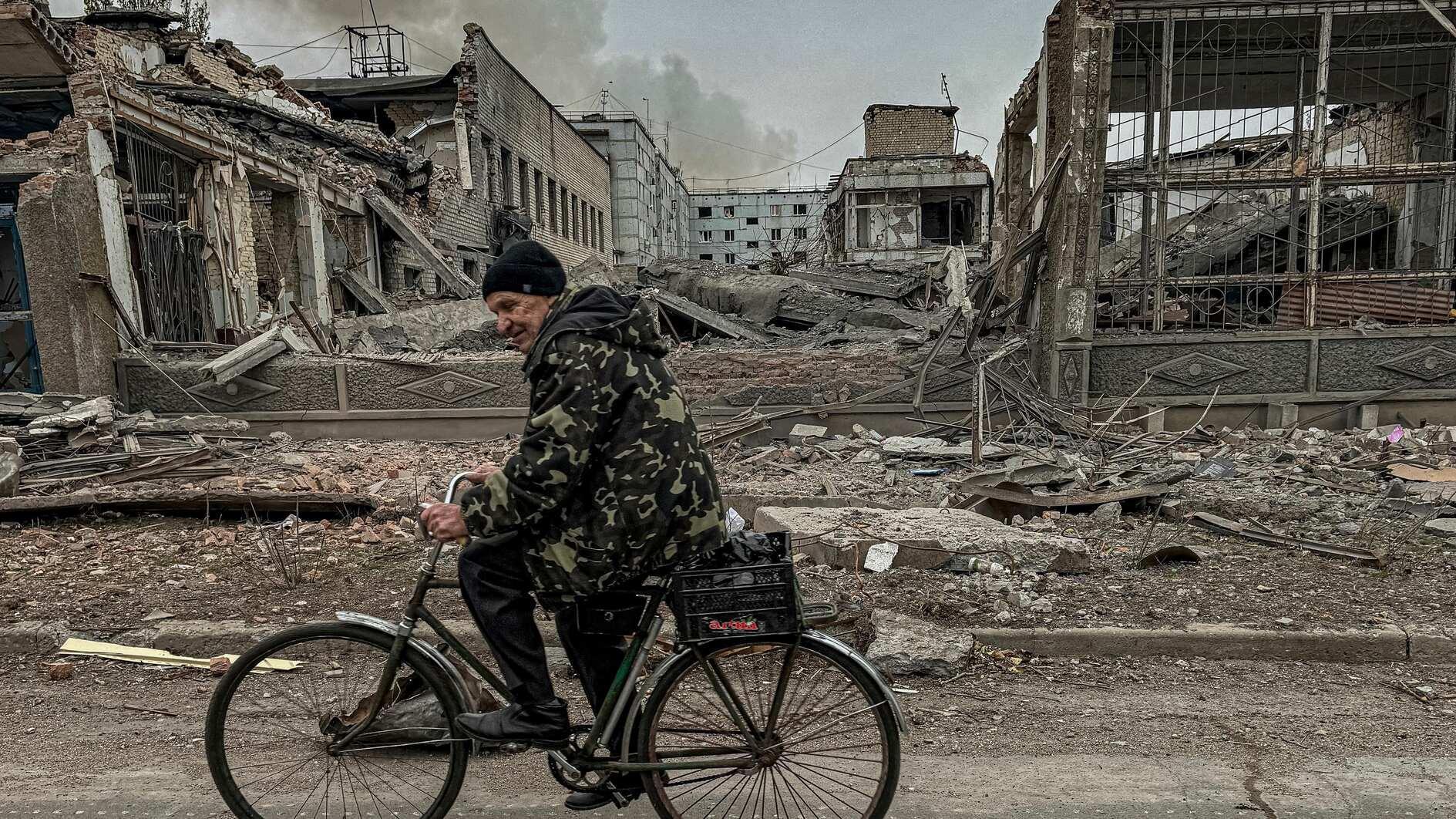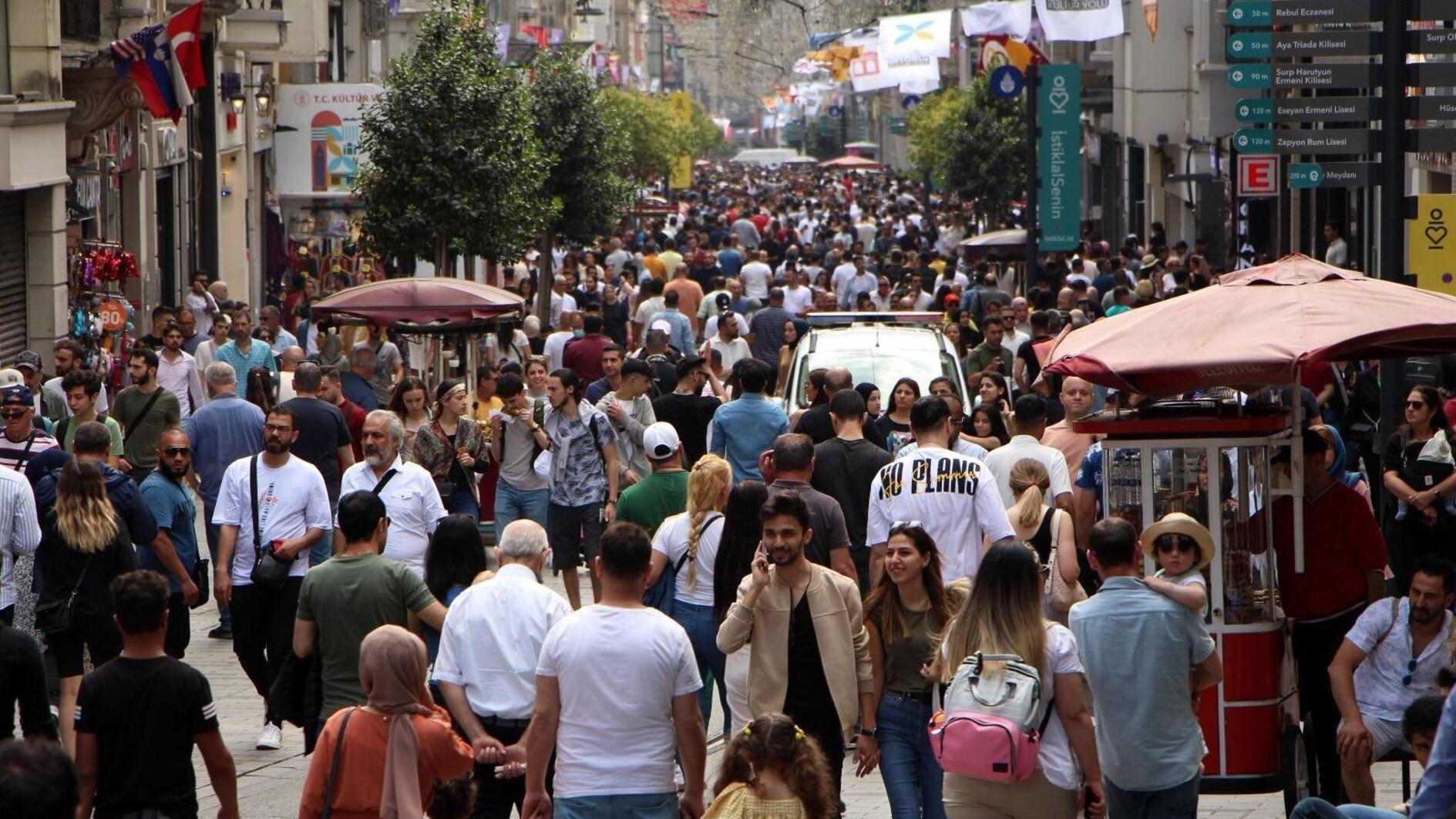Greek neo-Nazis in Kastalia Square
There was something all-too familiar about the image. To the left, the old plane trees covering part of the sky with their new spring foliage, then the green plastic chairs on the paved floor, some vaguely known faces of passersby and then a dark anonymous crowd of mainly young males with crew-cut hair dressed in black, holding Greek flags and brandishing their fists or extending their hands in the known Nazi-gesture. They were angry and shouting at another group who were sitting in line drinking their coffee. I stopped zapping through other Greek news programs and stayed on the story which suddenly started making sense.
The camera moved away from the angry crowd of dark-clothed men, who by now were hurling abuse and throwing various objects at those sitting, toward the center of the square. Only then did I realize where this odd story was taking place. When the camera focused on the old white marble fountain where water was coming out of the worn lion heads, I realized that the setting of this weird event was none other than my own hometown, a populous suburb in the northern part of Athens. Perception is a process where you achieve awareness through information which involves your senses. Sometimes, trying to sense the atmosphere of your country while abroad is neither an easy nor an accurate task. Particularly during these days, where Greeks are expected to vote for a government in May 6 general elections that will save them from a complete collapse despite having been squeezed to the bone by an austerity program – the toughest ever – that was imposed on them from the outside.
With the nightmarish pictures of soup kitchens and people sleeping on the streets, the results of austerity measures are well-known and have been extensively reported. So is the extremely fluid political landscape in Greece just two weeks before the vote. The most recent opinion polls published last Friday showed an extreme fragmentation of the vote almost doubling the number of parties expected to enter the new Parliament, although almost a quarter of the electorate remains uncertain about their choice.
We also know that these are like no previous elections in contemporary Greek history; that the dividing line between left and right has been redefined or crossed out, that there is a new ideological rhetoric based on renegotiating better terms with the country’s foreign creditors. With the exception of the orthodox Communists, every other party wants Greece to stay in the eurozone, while a majority of Greeks now see Europe as a neighborhood they want to belong to in spite of the hell they are going through. Also, there is a strong possibility that these elections may be inconclusive with no single party gaining power since the vote could be a “punishment vote” out of rage against the political system of the past rather than a vote of rational thinking for the future.
But it was the image of those bodybuilding men who stormed the historic Kastalia square in Maroussi, overthrowing coffee tables and hurling glasses of water and Nescafe at people that gave provided a picture of the uncomfortable reality. These mostly young men were members of the fast-rising nationalist, fascist, Greek supremacist movement of Golden Dawn (Chrysi Avgi), which has shown a steady rise to almost 5 percent, according to polls. High unemployment and a fast-contracting middle class have sent many young people to their ranks. When they stormed my hometown square, their target was one of the candidates of the socialist party of PASOK, a former education minister, who had chosen that location to talk to his supporters.
The incident in Maroussi was condemned by all the political parties in Greece. Everybody noticed that it took place on the very anniversary of the 1967 military coup in Greece. The spokeswoman for PASOK called for collective resistance in order “Not to witness Nazi salutes inside the Greek Parliament.” But they are all aware that this is now a real possibility. And I suddenly became aware that there are dangerous undercurrents in my country which have nothing to do with the fresh water that used to flow from the marble lion heads of Kastalia Square.











